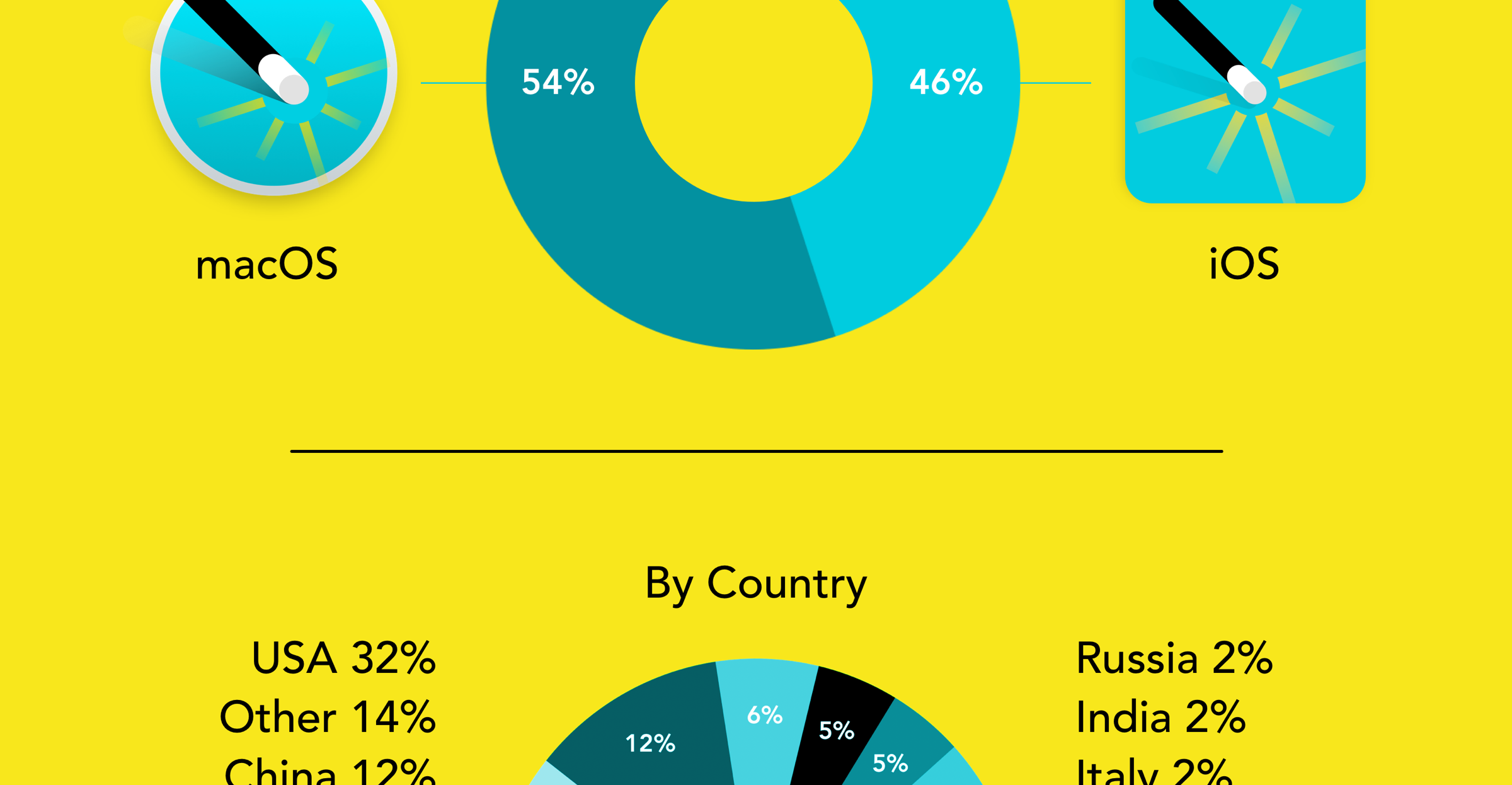Advertising is everywhere in the modern economy, shaping consumer behaviour, influencing social trends, and driving business success. But as advertising has become more pervasive and sophisticated, many have begun to ask: Is advertising immoral? Does it manipulate us, distort our perceptions, and contribute to harmful societal values?
In this article, we’ll explore the ethical implications of advertising, examine real-world examples of unethical marketing, and discuss strategies for ethical advertising practices.
On this page
- The Ethical Dilemma of Advertising
- The History of Advertising
- Why Is Advertising Considered Immoral?
- Ethical Theories and Advertising: A Deeper Look
- Case Studies: Examples of Unethical Advertising
- How Can Advertising Be Ethical?
- The Future of Ethical Advertising
The Ethical Dilemma of Advertising
At its core, advertising exists to persuade people to purchase goods or services. However, the methods employed to achieve this goal have raised significant ethical questions.
Is it right to influence people’s purchasing decisions through psychological manipulation, exaggerated claims, or appealing to their insecurities?
Should advertising be held accountable for the societal issues it might perpetuate, such as unrealistic beauty standards or consumerism?
The ethics of advertising are complex and multifaceted. Some argue that advertising is inherently manipulative and therefore immoral, while others believe that it is simply a tool for communication that, when used responsibly, can serve both businesses and society.
We’ll delve into these perspectives, explore the different schools of thought on advertising ethics, and offer insights into how companies can adopt more ethical advertising strategies.
The History of Advertising
To understand why advertising can sometimes be viewed as immoral, it’s helpful to first consider its evolution. Advertising as a practice has existed for centuries, but it was in the late 19th and early 20th centuries that it began to take its modern form.
- Early Beginnings: The earliest forms of advertising appeared in ancient civilisations. The Egyptians used papyrus to post notices and announcements, while in ancient Rome, merchants used signs to attract customers. These early advertisements were simple and often limited to local markets.
- The Industrial Revolution: The real explosion of advertising began with the Industrial Revolution in the late 1800s. Mass production and the expansion of print media, such as newspapers and magazines, gave rise to advertising as a tool for promoting products to the growing middle class. With increased competition, businesses began to use more persuasive and emotional language to attract consumers.
- The Rise of Consumer Culture: By the early 20th century, advertising had moved beyond simple product descriptions and began tapping into consumers’ desires, fears, and insecurities. Iconic brands like Coca-Cola and Ford used advertising to create not just awareness, but emotional connections with their audiences. This marks the beginning of a shift in advertising from merely informative to manipulative in nature.
- Modern Advertising in the Digital Age: The most recent transformation in advertising has occurred in the digital age, where targeted advertising, social media, and data analytics have allowed marketers to influence consumer behaviour on a much more personalised level. Advertising now follows individuals across multiple devices, customising messages to specific preferences and behaviours — raising new ethical questions about privacy and manipulation.
While advertising in its early days was more straightforward, the increasing complexity and reach of marketing techniques has led to concerns about whether advertising is now immoral or manipulative. So, how did we get here?
Why Is Advertising Considered Immoral?
Critics of advertising often point to its ability to influence consumer behaviour in ways that may not align with individuals’ best interests. Here are some of the key ethical issues that have arisen as advertising has become more sophisticated:
- Exploitation of Vulnerabilities: One of the most significant ethical concerns with modern advertising is its ability to exploit psychological vulnerabilities. Advertisers often target consumers’ deepest fears, desires, and insecurities. For example, beauty ads regularly portray airbrushed models to sell products, fostering unrealistic beauty standards. This not only promotes unhealthy ideals but can also harm individuals’ self-esteem.
- Deceptive Practices: Deceptive advertising is another major concern. Examples include misleading claims about the benefits of products, such as health supplements or weight-loss aids that lack scientific backing. These deceptive tactics not only breach trust but can cause real harm to consumers who make purchasing decisions based on false promises.
- Encouraging Overconsumption: Advertising has played a key role in creating a consumerist culture, where the pursuit of material possessions is equated with happiness and success. Many ads promote the idea that we need more things to be content, feeding into a cycle of overconsumption that has negative consequences for both the individual and the environment.
- Perpetuation of Harmful Stereotypes: Throughout its history, advertising has been guilty of perpetuating harmful stereotypes. From gender roles in the 1950s to racial and cultural stereotyping in modern ads, these practices not only misrepresent but may also reinforce prejudices.
Ethical Theories and Advertising: A Deeper Look
To better understand the ethics of advertising, it’s helpful to explore how different ethical theories view the practice. Here are a few ethical frameworks that can guide our evaluation of advertising:
- Utilitarianism: According to utilitarian ethics, an action is considered moral if it results in the greatest good for the greatest number. From this perspective, advertising could be seen as ethical if it serves to benefit society, such as promoting useful products or raising awareness of important social issues.
- Deontological Ethics: Deontologists argue that actions are right or wrong based on their adherence to rules or duties, rather than their consequences. An advertiser using deceptive or manipulative tactics would be violating a fundamental ethical duty to be truthful and transparent.
- Virtue Ethics: Virtue ethics focuses on the character and integrity of the individual or organisation. Ethical advertising, from this perspective, is about fostering trust, honesty, and goodwill between brands and consumers.
- Social Contract Theory: This theory suggests that businesses should adhere to societal norms and expectations. If advertising breaks these social contracts — such as promoting harmful products or exploiting vulnerabilities — it would be considered immoral.
A comprehensive framework could be developed that attempts to combine these approaches to evaluate the ethics of specific advertising campaigns.
Case Studies: Examples of Unethical Advertising
Real-world examples of unethical advertising practices help to illustrate why many people view advertising as morally questionable. Here are a few infamous cases:
- The Volkswagen Dieselgate Scandal: In 2015, it was revealed that Volkswagen had been advertising its diesel vehicles as low-emission, eco-friendly options, despite knowing that their cars were emitting far more pollution than advertised. This was a clear case of deceptive advertising that harmed both consumers and the environment.
- The Coca-Cola Diet Ad Controversy: Coca-Cola’s advertising campaign promoting Diet Coke as a “healthier” alternative to sugary sodas was criticised for misleading consumers. Despite the fact that the product contained artificial sweeteners, the ad failed to clearly communicate potential health risks.
- Instagram Influencer Ads: Many influencers on Instagram have been called out for not disclosing paid promotions or endorsing products with questionable health or beauty claims. This lack of transparency misleads followers and erodes trust in advertising as a whole.
- Apple Intelligence Marketing: Apple heavily advertised unreleased Apple Intelligence features in 2024, promising new AI capabilities for the iPhone 16 lineup. However, the features were delayed and not delivered as scheduled, leading many to believe the marketing was deceptive.
How Can Advertising Be Ethical? Strategies for Responsible Marketing
While some forms of advertising are undeniably unethical, it is possible for brands to engage in responsible and ethical marketing.
Here are a few strategies companies can adopt to improve the ethics of their advertising:
- Transparency and Honesty: Brands should strive to provide accurate, truthful information in their advertisements. This means avoiding exaggerated claims and clearly labelling any sponsored content.
- Promote Positive Social Change: Advertisers have the power to use their platforms for good. Brands can create campaigns that promote positive social values. Patagonia’s “Don’t Buy This Jacket” campaign, which encouraged consumers to reduce waste and buy less, is an example of a campaign that may be considered promoting positive social change. However it is also worth considering: is the social change being promoted universally agreed to be positive by society as a whole? Is the social change being promoted perhaps only relevant to a narrow political ideology or is it simply self-serving to the advertiser? Wouldn’t it be better if Patagonia didn’t advertise and encourage consumerism at all?
- Be Mindful of Vulnerabilities: Advertisers should be cautious when targeting vulnerable audiences and also the vulnerabilities within all of us. For example children, the elderly, or individuals with mental health concerns may be considered vulnerable audiences. And as humans, we all have certain emotional vulnerabilities such as guilt or lack of self-esteem. Campaigns should avoid exploiting these insecurities or pushing unnecessary purchases that pray on these weaknesses.
- Focus on Consumer Education: Ethical advertising should empower consumers with knowledge about the products they are considering. Instead of simply convincing people to buy, advertisers should educate them about the value and benefits of their offerings.
- Adopt Ethical and Responsible Practices_: Ethical advertising goes hand-in-hand with ethical practices. Companies that invest in ethical practices holistically in their business activities, and not just in their marketing and advertising, are more likely to build trust and respect with their audiences.
- Respect User Privacy: In today’s digital landscape, numerous advertising and marketing strategies are based on disregarding consumers’ privacy. Tracking behaviour and compiling data without user’s informed and voluntary consent is unethical and unlikely to lead to long term trust in a brand.
The Future of Ethical Advertising
The debate over whether advertising is immoral is complex and multi-faceted.
While unethical advertising practices certainly exist, marketing and advertising may be a necessary evil in a capitalist society. Brands that adopt ethical practices can foster stronger relationships with consumers, build trust, and contribute to a more responsible, sustainable advertising ecosystem.
As consumers become more aware of the ethical implications of advertising, businesses will be forced to adapt to the growing demand for transparency, fairness, and social responsibility. By embracing these values, advertisers can ensure their work is not only effective but also aligned with the broader goals of societal well-being.



































